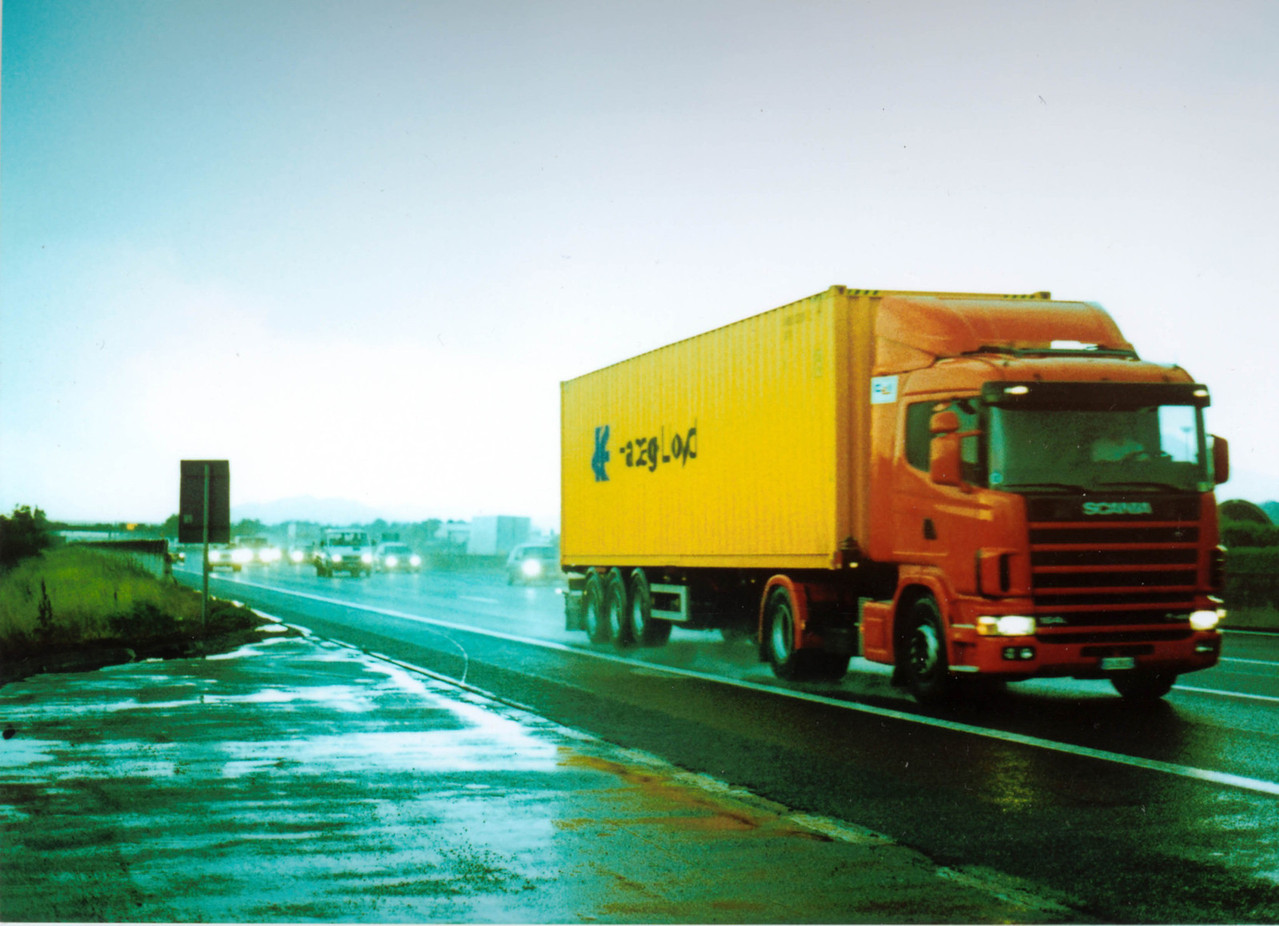
Decade of no truck fuel efficiency progress prompts calls for EU standards
European trucks burn the same amount of fuel per km now as they did more than a decade ago, according to a new study, prompting calls for fuel economy standards to be introduced to accelerate innovation in the stagnant sector and cut trucks' CO2 emissions.
Interested in this kind of news?
Receive them directly in your inbox. Delivered once a week.
Truckmakers are being probed by the European Commission for operating a cartel over much of the same period covered by the study by the International Council on Clean Transportation (ICCT). The study found that the fuel efficiency of heavy-duty vehicles, which are responsible for one third of CO2 emissions in the EU but only a small fraction of vehicles on the road, had remained virtually unchanged between 2002 and 2014.
New truck fuel economy standards in the US mean its heavy-duty vehicles will outperform Europe’s in the near future, the ICCT also said. Meanwhile Europe’s stagnant truck fuel economy coincided with a trend towards heavier vehicles and larger engines.
T&E freight manager William Todts said: ‘Study after study is showing that trucks are a real climate problem in Europe. Demand is going up, efficiency is staying flat and so truck emissions are booming. After ten years of no progress and a big cartel enquiry it’s clear a voluntary approach is just not gonna cut it.’
Truck emissions in Europe increased 36% between 1990 and 2010, despite the 2008 economic crisis, due to their high mileage and fuel consumption well above 30 liters per 100km on average. CO2 emissions are directly related to the fuel economy of internal-combustion vehicles, with more fuel-efficient vehicles emitting less greenhouse gas.
The ICCT also recommended introducing fuel efficiency standards or CO2 limits for heavy duty vehicles in Europe to bring down emissions, as the EU has done for cars and following the US example for trucks. In June the US Environmental Protection Agency proposed a new 24% target for improvement in truck fuel economy by 2027, on top of limits introduced in 2011. Four EU countries – Belgium, the Netherlands, Slovenia and the UK – have told the European Commission that limits on truck CO2 emissions are required if the EU is to meet its 2030 climate targets.
William Todts added: ‘The Commission’s lack of progress on truck CO2 is spectacular. A decade after EU leaders first demanded a strategy to reduce truck carbon emissions we haven’t even decided how we will measure truck CO2.’
The European truckmakers’ representatives point to internal studies which they claim show a 60% reduction fuel consumed per tonne of goods transported since 1965, but the ICCT analysis indicates that fuel efficiency progress halted at least 10 years ago.
The Commission and EU truckmakers have been working together since 2010 on tests to measure truck fuel consumption. The tests are based on a software simulation tool called VECTO, which will gradually become mandatory for new trucks from 2018.
European manufacturers still have a leading position on the global truck market, accounting for over 40% of total global production.
